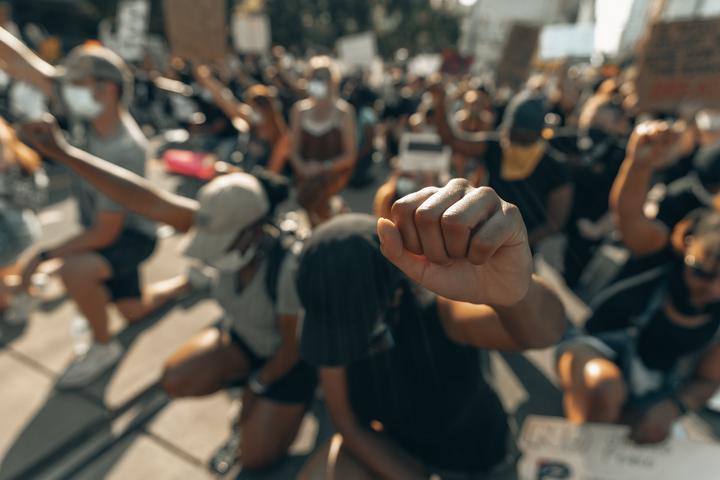On the justification of intergroup violence: The roles of procedural justice, police legitimacy, and group identity in attitudes toward violence among indigenous people
 Image credit: Clay Banks
Image credit: Clay BanksResumen
Objective: Why do people justify intergroup violence? We examine public attitudes toward violence perpetrated by indigenous activists to claim for rights and violence by police officers against indigenous people. We assess the roles that group identity, perceived police legitimacy, and procedurally just policing toward indigenous people play in the justification of intergroup violence among members of that minority group. Method: We present findings from 2 surveys (Study 1, n = 1,493; Study 2, n = 198) and an experiment (Study 3, n = 76) conducted among indigenous people in Chile. Studies 1 and 2 measure, and Study 3 manipulates, perceptions of police procedural justice toward indigenous people. Effects of procedural justice on police legitimacy (Studies 2 and 3) and attitudes toward violence for social change and social control (Studies 1–3) are analyzed. Result: Higher perceptions of procedurally just policing toward indigenous people predict higher support for police violence and lower support for violence perpetrated by indigenous activists. These effects are mediated by perceived police legitimacy and moderated by identification with the minority group. Among indigenous people who identify strongly with their group, perceiving high procedural justice predicts greater police legitimacy, greater support for police violence, and lesser support for violence perpetrated by indigenous activists. Conclusions: Findings contribute to an emerging literature on the roles of procedural justice and legitimacy in violence perceptions. They suggest that fair, respectful, and neutral treatment by police officers toward indigenous people may shape people’s views on the appropriateness of various forms of police and civic violence in a particular intergroup context. (PsycInfo Database Record (c) 2020 APA, all rights reserved)
Objective
Why do people justify intergroup violence? We examine public attitudes toward violence perpetrated by indigenous activists to claim for rights and violence by police officers against indigenous people. We assess the roles that group identity, perceived police legitimacy, and procedurally just policing toward indigenous people play in the justification of intergroup violence among members of that minority group. Method: We present findings from 2 surveys (Study 1, n = 1,493; Study 2, n = 198) and an experiment (Study 3, n = 76) conducted among indigenous people in Chile. Studies 1 and 2 measure, and Study 3 manipulates, perceptions of police procedural justice toward indigenous people. Effects of procedural justice on police legitimacy (Studies 2 and 3) and attitudes toward violence for social change and social control (Studies 1–3) are analyzed. Result: Higher perceptions of procedurally just policing toward indigenous people predict higher support for police violence and lower support for violence perpetrated by indigenous activists. These effects are mediated by perceived police legitimacy and moderated by identification with the minority group. Among indigenous people who identify strongly with their group, perceiving high procedural justice predicts greater police legitimacy, greater support for police violence, and lesser support for violence perpetrated by indigenous activists. Conclusions: Findings contribute to an emerging literature on the roles of procedural justice and legitimacy in violence perceptions. They suggest that fair, respectful, and neutral treatment by police officers toward indigenous people may shape people’s views on the appropriateness of various forms of police and civic violence in a particular intergroup context. (PsycInfo Database Record (c) 2020 APA, all rights reserved)